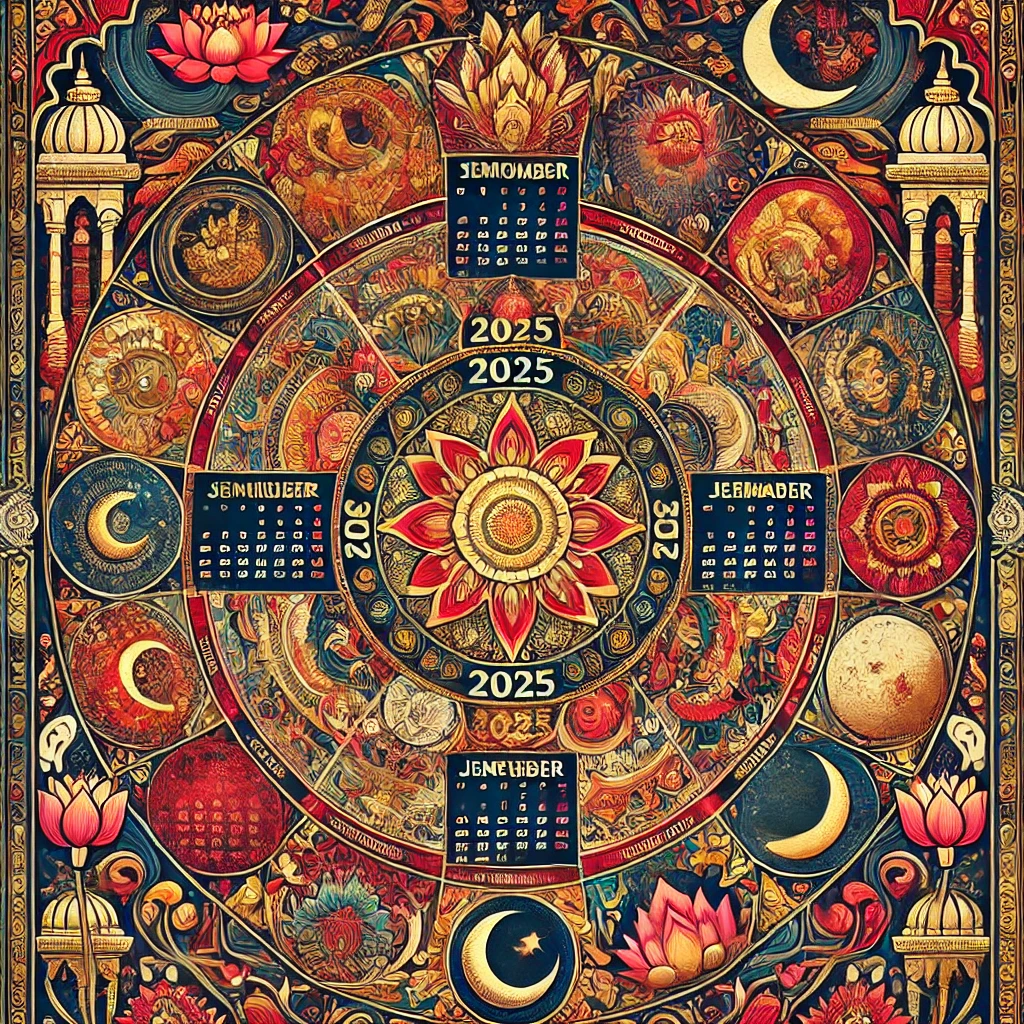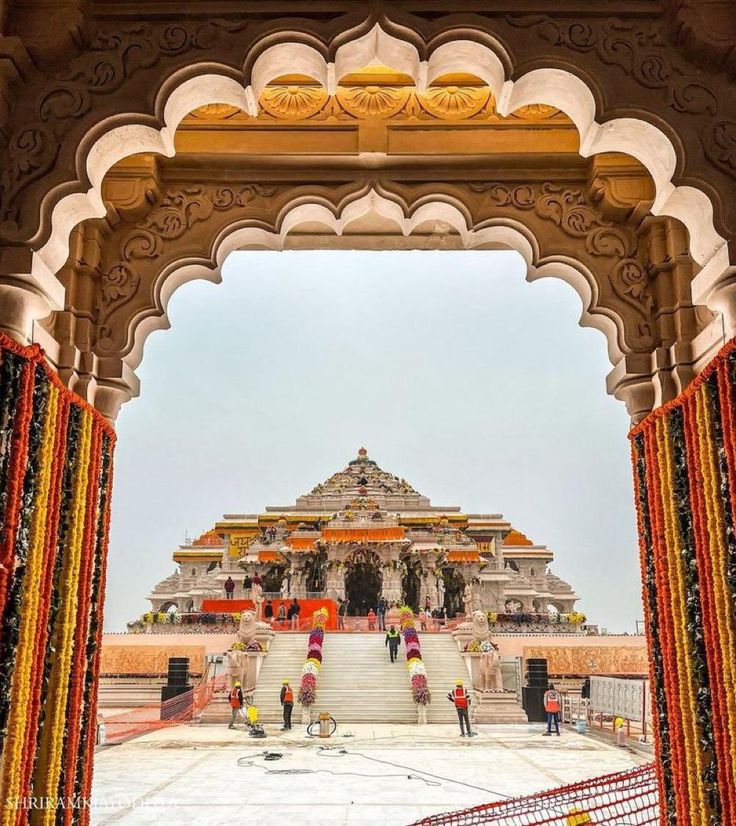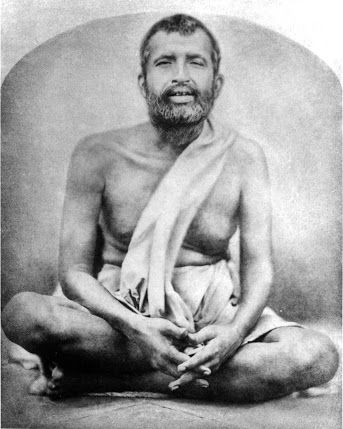Ishti : 2025 Ishti and Anvadhan dates
Introduction
Deeply ingrained in Vedic traditions, ishti is a major Hindu ceremonial custom. From the Sanskrit word “iṣṭi,” meaning “wish,” “desire,” or “sacrifice,” the phrase “Ishti” comes Ishti, in the framework of Hindu rites, refers to certain sacrifices and ceremonies meant to honor gods and ancestors, therefore requesting their blessings for the fulfillment of wishes and the attaining of prosperity.
Knowledge Ishti.
Ishti in Hinduism refers to several ceremonial activities carried out during particular lunar phases, especially on days corresponding to either full-moon (Purnima) or new-moon (Amavasya). Offering fruits, grains, vegetables, clarified butter (ghee), and other holy objects into the sacrificial fire (havan or homam), these ceremonies follow The main goals are to call heavenly favor, clear the body and mind, eliminate negative energy, and so bring serenity, wealth, and well-being.
Ishti’s Significance in Vedic Rituals
Often connected with the Yajnas (sacrificial ceremonies), ishti is a major part in Vedic rites. These rites, as described in ancient books like the Puranas and Dharmashastras, are painstakingly crafted to honor gods and ancestors. It is thought that appropriate Ishti performance satisfies ceremonial responsibilities, therefore guaranteeing auspiciousness and divine favors.
types of Ishti Rituals
Ishti rites come in several forms, each with a particular goal.
Celebrated on full-moon days, this custom searches blessings for spiritual development and financial success.
Aimed to please ancestors and seek their direction, Amavasya Ishti: Conducted on new-moon days.
Observed on the first sighting of the waxing crescent moon following Amavasya, followers engage in this custom to seek the blessings of Lord Chandra (the Moon God) for either good health or emotional well-being.
Rituals and Activities
Usually, the Ishti ceremony consists in the following actions:
Devotees clean their houses and the assigned ceremonial space to establish a pure setting. They also clean themselves by donning traditional, neat clothing and completing a ceremonial bath.
The altar is set with holy objects including a fire pit for the haven, offerings such ghee, grains, fruits, and particular ceremonial utensils.
The custom starts with the chanting of mantras to call forth the selected deity or goddess, therefore seeking their presence and blessings.
Devotees offer into the holy fire certain hymns and prayers as they do. The fire is seen as a channel of delivery for offerings to the gods.
The ritual ends with aarti, a ceremonial offering of light), and the participants’ distribution of prasad, a consecrated food.
Ischi in Modern Practice
Ishti rites are still a fundamental component of Hindu religious life today. Devotees follow these rites with fervent search for divine intervention for personal needs, family well-being, and society progress. The customs also provide opportunities for group meetings, therefore strengthening unity and spiritual development shared by all.
Important Isti Dates for 2025
| Month | Date | Tithi | Auspicious Timing (Start – End) |
| January | 13th (Monday) | Purnima | 05:03 AM – 03:56 AM (Jan 14) |
| January | 28th (Tuesday) | Amavasya | 07:36 PM – 06:05 PM (Jan 29) |
| February | 12th (Wednesday) | Purnima | 06:56 PM – 07:23 PM |
| February | 26th (Wednesday) | Amavasya | 08:54 AM – 06:28 AM (Feb 27) |
| March | 14th (Friday) | Purnima | 10:36 AM – 12:24 PM |
| March | 28th (Friday) | Amavasya | 07:55 PM – 06:05 PM (Mar 29) |
| April | 12th (Saturday) | Purnima | 03:22 AM – 05:52 AM (Apr 13) |
| April | 27th (Sunday) | Amavasya | 07:55 PM – 06:05 PM (Apr 28) |
| May | 12th (Monday) | Purnima | 08:02 PM – 10:25 PM |
| May | 26th (Monday) | Amavasya | 07:55 PM – 06:05 PM (May 27) |
| June | 10th (Tuesday) | Purnima | 12:00 PM – 02:00 PM |
| June | 25th (Wednesday) | Amavasya | 06:59 PM (Jun 24) – 04:00 PM |
| July | 9th (Wednesday) | Purnima | 02:00 PM – 04:00 PM |
| July | 24th (Thursday) | Amavasya | 02:29 AM – 12:41 PM (Jul 25) |
| August | 7th (Thursday) | Purnima | 04:00 PM – 06:00 PM |
| August | 22nd (Friday) | Amavasya | 11:55 AM – 11:35 AM (Aug 23) |
| September | 6th (Saturday) | Purnima | 06:00 PM – 08:00 PM |
| September | 21st (Sunday) | Amavasya | 12:17 PM – 12:17 PM (Sep 22) |
| October | 6th (Monday) | Purnima | 08:00 PM – 10:00 PM |
| October | 20th (Monday) | Amavasya | 03:45 PM – 05:55 PM (Oct 21) |
| November | 4th (Tuesday) | Purnima | 10:00 PM – 12:00 AM (Nov 5) |
| November | 18th (Tuesday) | Amavasya | 09:43 AM – 12:16 PM |
| December | 4th (Thursday) | Purnima | 12:00 AM – 02:00 AM |
| December | 18th (Thursday) | Amavasya | 07:55 PM – 06:05 PM (Dec 19) |
Conclusion
Hinduism’s great link between followers and the divine is embodied in its rituals. By means of these holy rites, people convey their wishes, pursue benefits, and aim for spiritual development. Ishti’s ongoing practice emphasizes its importance in advancing harmony, peace, and wealth both inside the person and the society.
Common Questions (FAQs) About Ishti
In Hindu ceremonies, what does “Ishti” mean?
From the Sanskrit word “iṣṭi,” meaning “wish,” “desire,” or “sacrifice,” ” Ishti” In Hindu rites, it refers to particular sacrifices and ceremonies carried out to respect gods and ancestors, therefore requesting their blessings for the fulfillment of needs and prosperity.
- When Ishti ceremonies are carried out? Usually taking place at particular lunar phases, especially on new-moon (Amavasya) or full-moon (Purnima), ishti ceremonies are After Amavasya, some Ishti ceremonies such as Chandra Darshan Ishti are followed on the first glimpse of the waxing crescent moon.
- Why should one do Ishti? Ishti is said to clear the body and mind, eliminate negative energies, and provide tranquility, wealth, and well-being. It is a technique to gain divine favor and satisfy ceremonial responsibilities as described in ancient Hindu scriptures.
- What offerings are presented during an Ishti ceremony? Usually offered into the sacrificial fire (havan or homam), offerings consist in clarified butter (ghee), fruits, grains, and other holy objects under singing particular mantras and prayers.
- Can one carry out Ishti rites at home? Indeed, Ishti rites are doable at home as long as the correct techniques are followed. To guarantee the rite is carried out properly, one should follow official rules or seek advice from a competent priest.
- Is fasting part of Ishti rites? Regional customs and the particular kind of Ishti being done will affect fasting habits. While some followers follow different dietary restrictions, others fast until the rite ends.
- What part does the holy fire serve in Ishti ceremonies Offers to the gods are presented on the hallowed fire, or havan. Considered as a purifier and a divine witness to the ceremony, it represents the divine presence there.
- Exist several forms of Ishti ceremonies? Indeed, there are several types of Ishti ceremonies, each with a particular function; Purnima Ishti, carried out on full-moon days, Amavasya Ishti,
Buy My Spiritual books – Click Here




